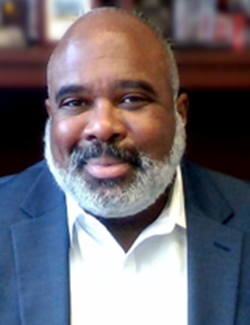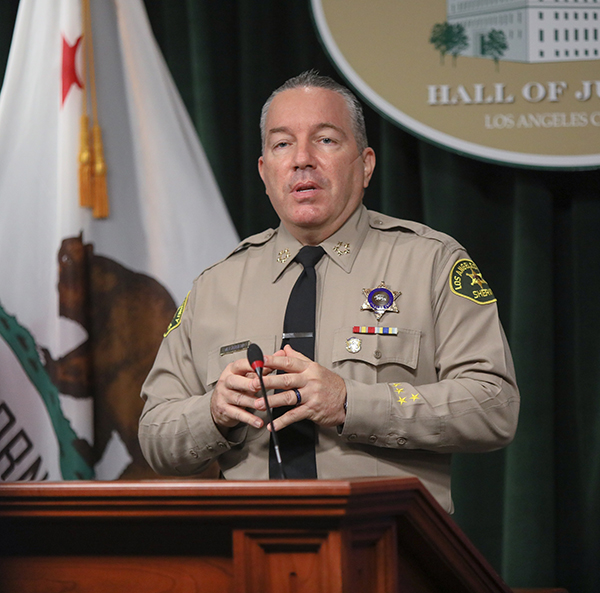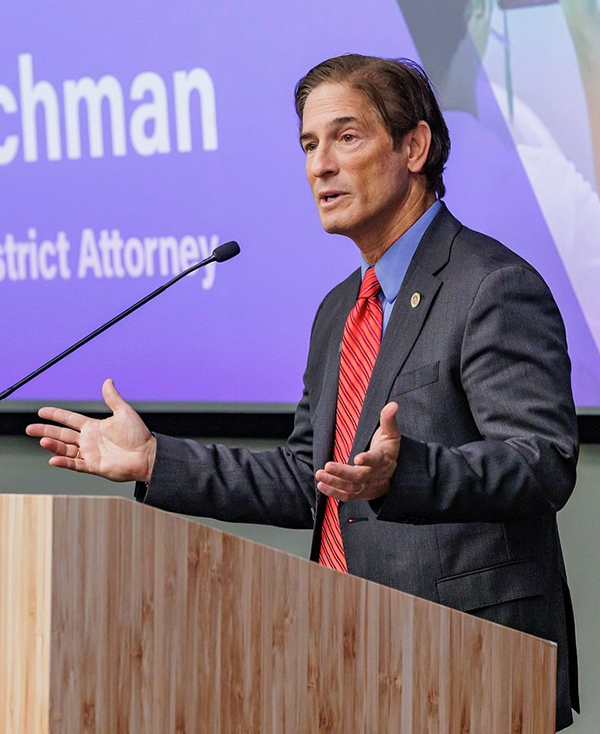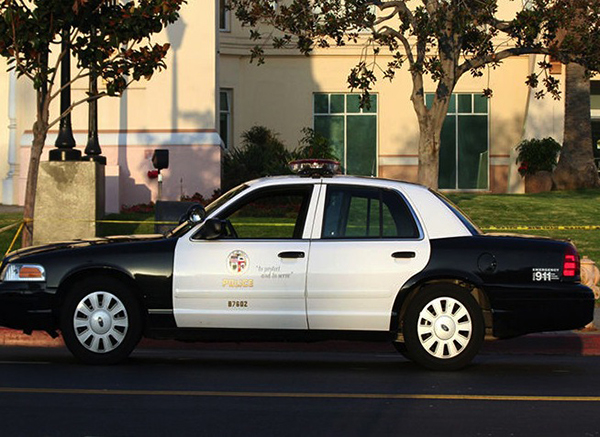Experts say pandemic has more people seeking help
By Sue Favor
Contributing Writer
After a 12-year-old girl had swallowed a bottle of her mother’s pills, she contacted Didi Hirsch Mental Health Services via the chat feature on the organization’s website.
The crisis counselor she reached developed a rapport with her and gained her trust. It allowed her to send help to the girl’s home, saving her life.
The incident is one of many like it that the South L.A.-area clinics have seen this year, as the need for services has surged amidst the COVID-19 pandemic. Since March, Hirsch clinics have shape-shifted their care and stretched to meet the growing need across the city.
“During the pandemic, many people are reaching out for help, and we are seeing an increase in intensity and acuity in those we serve – especially among children, teens and older adults,” said Didi Hirsch COO Lyn Morris.
The coronavirus has caused unemployment to spike, businesses to shutter and homes to be lost. For many, living with constant uncertainty and fear of contacting the virus has pushed them to their limits.
“In general we’re treating more depression and anxiety,” Morris said. “The teens and young adults are worried about their future. Older adults are isolated and lonelier. Call volume on our disaster distress helpline is four times higher this year than in 2019, and more of the calls are about anxiety and stress.”
The Los Angeles County Department of Mental Health The Los Angeles County Department has noticed a similar spike in demand for services. Chief Medical Officer Curley Bonds said that since the pandemic took hold in March, the department has received 1,500-2,000 more calls per month.
“The uptick has been slow and steady,” Bonds said. “In March, those who called were not necessarily anxious about the disease, but about housing, food insecurity and losing jobs. Now, more people are feeling anxious about their personal safety, and we have trained staff to help point them in the way of resources.”
Agencies across the county had to convert quickly from seeing most clients or patients in person, to providing services through phone calls or virtual meetings.
Hirsch, which operates three of its clinics in South L.A. and Inglewood, has only closed one of the three locations temporarily, while the other two remain open.
“When the pandemic started, we quickly transitioned to telehealth to maintain care, while keeping clients and staff safe,” Morris said. “Because not all of our clients have phones and computers for telehealth, we kept our clinics open for emergency services.”
Hirsch is also training new volunteers and is now using technology that allows them to take calls and conduct chats remotely.
Bonds said the county made similar moves, keeping “skeleton crews” of staff at select locations to provide essential medical services, like medication injections.
“We have clinics throughout every service area, with close to 75 different programs,” he said. “We had to switch dramatically from in-person — which is the bulk of what we do — to telehealth and telephone.”
“We treat thousands of people, and 80% of those services are usually in person. In one year, we usually touch about 250,000 lives.”
Because the county department is funded by tax revenue, it hasn’t been able to hire more medical professionals. Instead, staff has changed assignments.
“Many got deployed to provide disaster services … .and we have seen pop-up communities where we’ve had to go out and provide services,” Bonds said. “We are doing whatever we need to do; everyone’s feeling it. Even at the executive level, if there’s something they can do to put aside that work to provide more clinical services, they will.”
If you or someone you know is suicidal, call the English/Spanish Suicide Crisis Line for free, with confidential support at (800) 273-8255. To find out if you qualify for mental health or substance use services at one of the L.A. County locations, call centralized intake at (888) 807-7250.
For immediate help 24 hours a day, call the L.A. County Department of Mental Health at (800) 854 7771, text “LA” to 741741, or visit dmh.lacounty.gov.
For Didi Hirsch, call (800) 985-5990 for the disaster distress help line, or visit
didihirsch.org.
“We are doing whatever we need to do; everyone’s feeling it.”
- L.A. County’s Curley Bonds
Sue Favor is a freelance reporter for Wave Newspapers, who covers South Los Angeles. She can be reached at newsroom@wavepublication.com.




